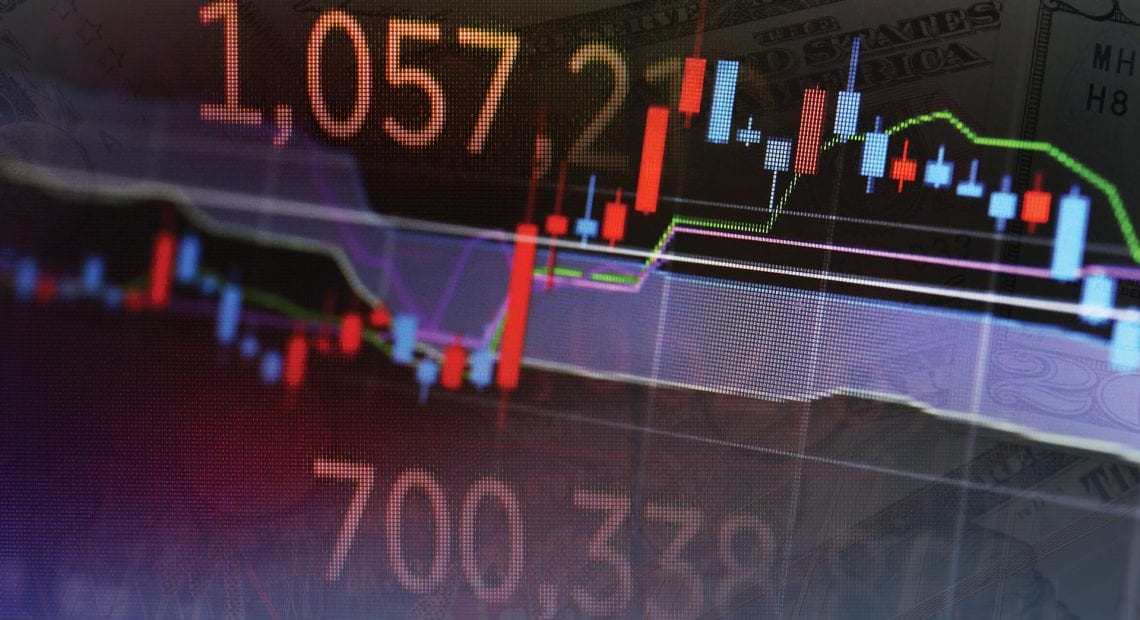And If There Is One, How Will It Affect You?
By Barbara Trombley, CPA
It seems as if we have been waiting for a recession for quite a while now. Economists initially thought 2022 would bring a recession. Certainly, it seemed as if a recession was inevitable as the stock market (S&P 500) dropped more than 19% in 2022.
But, by definition, a recession never occurred. Many people think that two consecutive quarters of negative GDP define a recession. Technically, this is not true. The National Bureau of Economic Research considers a wide range of economic indicators when declaring a recession rather than only negative GDP. It defines a recession as “a significant decline in economic activity that is spread across the economy and that lasts for more than a few months.”
Warning signals often precede a recession. The U.S. economy has slowed from January through March of this year to just a 1.1% annual pace. Business inventories have reduced; companies usually slash inventories when they anticipate a downturn. Employment also declines before a recession. I would argue that we have started to see this decline with the large layoffs in the tech industry by companies such as Meta, Google, Microsoft, and Amazon. Higher interest rates have slowed housing sales, and rents are stabilizing. Compounding these economic signs is the debt-ceiling debate; House Republicans say they will raise the debt limit in exchange for sharp reductions in spending.
“The Fed is walking a tightrope of slowing inflation and trying to prevent further damage to our economy.”
Barbara Trombley
These signs, which we all can see, may just be the tip of the iceberg.
The actions of the Fed in the coming months may dictate the strength of the potential recession that we are facing. As we all now know, the U.S. has been experiencing critical inflation mainly because of the easy money that was distributed during the pandemic and the pent-up demand for consumer goods and travel after COVID.
The only way for the Fed to combat inflation has been to raise interest rates, making it more expensive for businesses and consumers to borrow money, thereby slowing the economy and lowering inflation. Unfortunately, inflation has been stubborn and has not decreased as quickly as the Fed would like. The quick rise in interest rates contributed to the bank failures that we have seen recently. The Fed is walking a tightrope of slowing inflation and trying to prevent further damage to our economy.
The main questions that people need to ask is how a recession may impact them and how to prepare. Unfortunately, many people lose jobs during recessions.
‘Recession-proof industries’ typically are unharmed. The medical field, education, and government jobs may be unaffected by a recession. If you do worry about the future of your job, have you saved emergency money to live on for a while? Can you network in your industry to see what other positions may be available if the worst-case scenario occurs and you lose your job?
How about your bank? Is it possible that it collapses as others have? Most people are aware that the FDIC insures deposits according to the ownership category in which the funds are insured and how the accounts are titled. The standard deposit-insurance coverage limit is $250,000 per depositor, per FDIC-insured bank, per ownership category. If you are still nervous, utilize the services of two or more banks.
“Credit is also reduced during recessions. Banks may be choosier about whom they loan to as unemployment rises. If you need a loan, be prepared to be scrutinized and pay a higher interest rate.”
Credit is also reduced during recessions. Banks may be choosier about whom they loan to as unemployment rises. If you need a loan, be prepared to be scrutinized and pay a higher interest rate. Tight lending leads to consumers putting off larger purchases, compounding the depth of the recession, as spending slows.
Many retirees worry about a recession and the impact of the stock market on their portfolios. A deep recession could mean a drastic drawdown in stock prices. Making knee-jerk reactions to economic situations never bodes well for the long term. It is impossible to time the market. Most retirees know that they need to stay invested to grow their assets to mitigate inflation. Having a conversation with your advisor to make sure that you are properly allocated to your risk tolerance is a good way to start. If you find yourself overly concerned, perhaps a portfolio adjustment is due. A proper allocation to bonds or ‘like’ investments is always a good idea in volatile times.
From political turmoil to world events, it is easy for investors and consumers to feel concerned. Stress and recession go hand in hand. Know that you can only control your own personal situation. Reassess your budget, evaluate your employment, and review your investments.
Historically, there have been many terrible things the world has endured. People still have money and plan for the future. The markets still function. Recessions are an unavoidable part of life, but are a precursor to an eventual healthy economy.
Barbara Trombley is a financial planner with Wilbraham-based Trombley Associates Investment and Retirement Planning. Securities offered through LPL Financial. Member FINRA/SIPC. Advisory services offered through Trombley Associates, a registered investment advisor and separate entity from LPL Financial. This material was created for educational and informational purposes only and is not intended as ERISA, tax, legal, or investment advice. If you are seeking investment advice specific to your needs, such advice services must be obtained on your own separate from this educational material.









